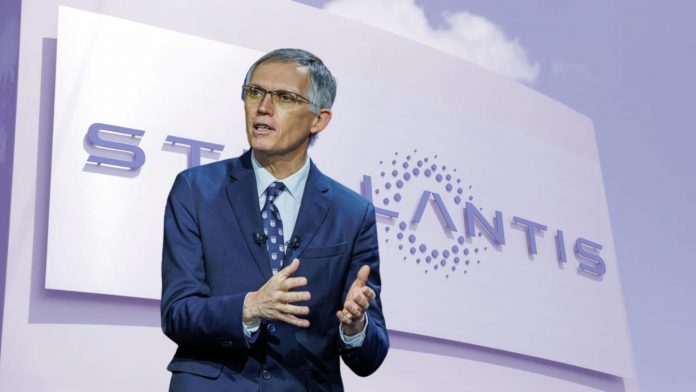The CEO of Stellantis, Carlos Tavares, recommended in an interview at the New York Auto Show on April 5 that if a worker at a Stellantis engine facility receives a job offer from one of the automaker’s new battery operations, “run” to grab it.
As he charts a new course for Stellantis’ 14 brands and 100 models, Tavares is very much considering the switch from conventional ICE vehicles to electric ones.
Tavares acknowledges that the auto industry is evolving but has yet to claim any knowledge of its future form. There will be some job disruptions and some job creation.
The U.S. arm of Stellantis, which produces and markets Ram, Jeep, Dodge, Chrysler, Fiat, and Alfa Romeo automobiles, is now in contract negotiations with several unions this year, but Tavares isn’t concerned about them.
“We have extremely fascinating and open dialogues with unions all over the world,” Tavares noted. The transition to EVs is being accelerated because “all the risks today are external to the company. There’s inflation, semiconductor shortages, and strict regulations.” He continues, “I’m not worried about a strike. I’m not the decision maker.” Implying that the union would be in charge if a strike does occur.
Tavares approaches the problem in figuratively global terms because it is, and because doing so allows him to assign blame to the international institutions driving the transformation. He asserts that “the planet’s time is running out”— not disputing that climate change is taking place.
However, he is only proposing to cover a part of the expense. He demands that the infrastructure for recharging renewable energy sources be significantly expanded. Additionally, governments “have chosen EVs in modern democracies,” he remarked. “It’s not just a problem solely for corporations.”



